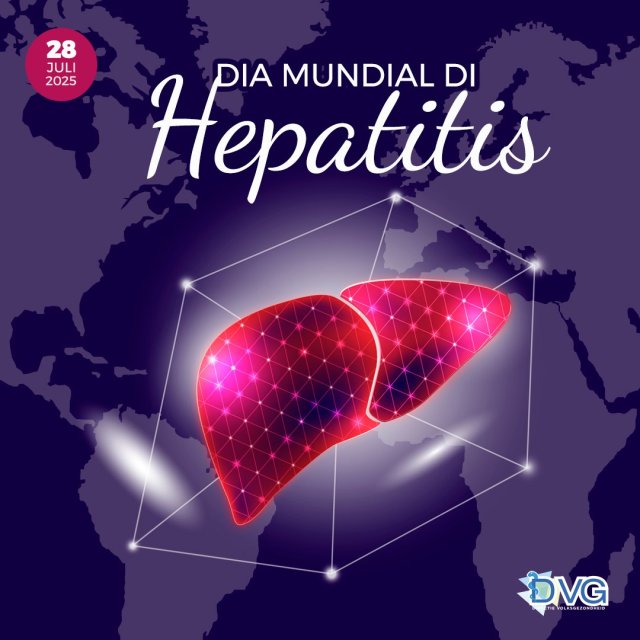World Hepatitis Day: Take Action, Get Tested, Seek Treatment!
This is an old post.
ORANJESTAD - Every year on July 28, we commemorate World Hepatitis Day to draw attention to viral hepatitis, a group of infectious diseases that affect millions of people worldwide, resulting in acute and chronic liver disease.
Hepatitis refers to the inflammation of the liver. The liver is an essential organ that carries out numerous functions in our body, including filtering blood, producing bile for digestion, and assisting with drug metabolism and nutrient processing.
When the liver is inflamed, its functions can be disrupted, leading to various health problems.
What causes hepatitis?
The most common cause of hepatitis is a viral infection. There are different types of hepatitis viruses, but the most common are
- Hepatitis A (HAV): Spread through food or water contaminated with the virus;
- Hepatitis B (HBV): Spread through blood, body fluids, or during sexual contact;
- Hepatitis C (HCV): The primary mode of transmission is through blood-to-blood contact, such as when needles are shared;
- Hepatitis D (HDV): This type only affects those who already have Hepatitis B;
- Hepatitis E (HEV): Similar to Hepatitis A, it is spread through contaminated food or water.
In addition to viruses, hepatitis can also be caused by:
- Excessive use of alcohol;
- Certain remedies;
- Diseases of the immune system;
- Toxic elements.
Symptoms of hepatitis:
Often, especially in the early stages of chronic hepatitis, people have no symptoms. That's why we call it "the silent killer." When symptoms do occur, they may include:
- Extreme fatigue;
- Feel like vomiting or vomiting;
- Abdominal pain, especially in the upper right (where the liver is);
- Loss of appetite;
- Mild fever;
- Joint pain;
- Dark urine;
- Abnormal color;
- Jaundice: Yellowing of skin and eyes.
This year, let us commit to:
- Learn the facts: Understand how hepatitis is transmitted, its symptoms, and its impact;
- Get tested: Early diagnosis is crucial for effective treatment and to prevent further transmission;
- Seek treatment: There are effective treatments available that can manage and even cure hepatitis;
- Advocate for change: Support efforts to increase access to prevention, screening, and treatment for all.

